It looks like you are in the United States
We have a different site (www.q-bital.com) which better suits your location
Paul and Chris spoke about how three Vanguard mobile laminar flow theatres, staffed by Vanguard clinical teams have been vital to University Hospitals Birmingham meeting changing objectives over a collaboration lasting nearly six years. Paul is very complimentary about the theatres, and the skills, attitude and commitment of Vanguard's people have made an even greater impression.
For greater insight, there is a case study, here.
For another view on this collaboration, an interview with Natalie Arnold, UHB Operations Manager, is here.
Chris:
Paul, it's really great to see you today and I really appreciate you coming to talk to me. I think maybe the best place to start is just to get an introduction as to who you are and what role you have here at the hospital.
Paul:
My very great pleasure. I'm a general surgeon, and I've worked in this hospital for 25 years. My subspecialty interest is benign upper GI surgery, and that includes bariatric surgery. And my managerial commitments have been between 2017 and 2022. That's a five-year period. I was the clinical service lead for the trust, which had jurisdiction over and 75, 76 theatres.
Chris:
Excellent. And so therefore, you, as you said, were here at the inception of us having our first theatre on the Solihull site in 2019. Be really good just to understand what the thinking was behind having a Vanguard theatre on site, five years ago…
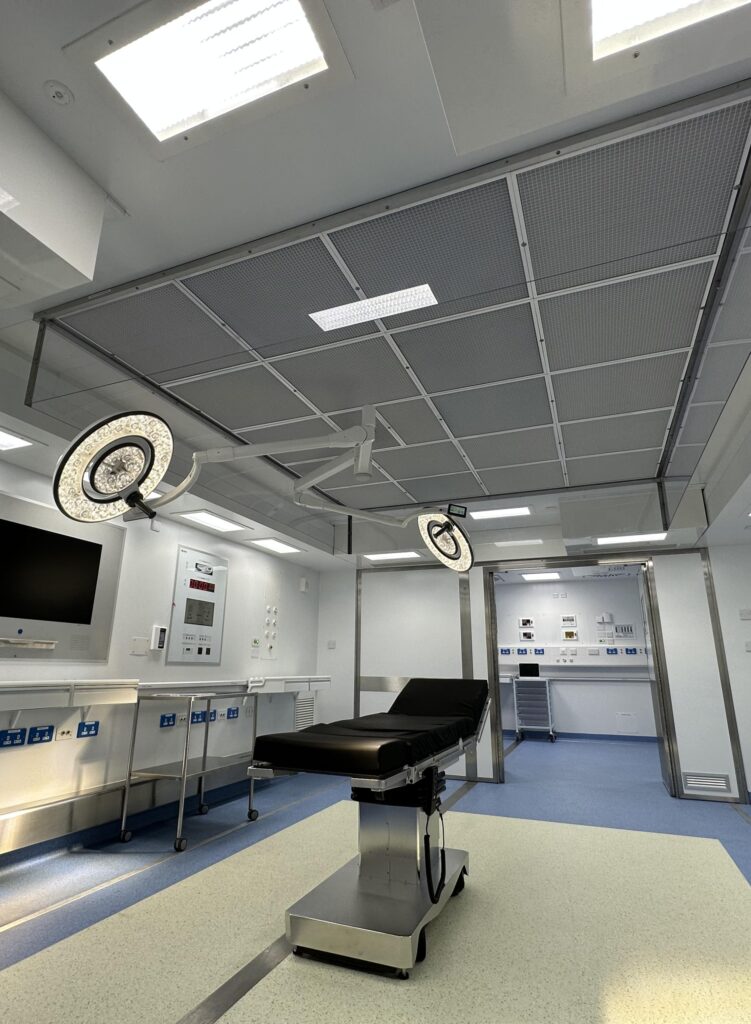
Paul:
Yeah, in 2019, that was before Covid. We were looking for extra theatre capacity, and we had two options. We could either establish evening and weekend working, or we could try and expand theatres. Upper GI surgery existed on four different sites and we had a problem with getting gallbladder surgery done. The waiting lists were very long, and many practitioners and surgeons were doing the gallbladder surgery, but it was all been done differently, and really, not very efficiently.
There was a requirement to do emergency gallbladder surgery and have a pathway to get them slotted into elective lists. And with all that in mind, we thought it would be a very good idea to consolidate all gallbladder surgery into one theatre. And it became quickly apparent in all the meetings we were having that we couldn't make gallbladder surgery in one of the existing theatres because so many users were already using the theatres. We were always short of theatre resource. With that in mind, the suggestion came up to commission a Vanguard theatre for the trust, dropped into the site, and that one theatre would become the theatre used for laparoscopic cholecystectomy. And indeed, that's what we embarked upon.
Chris:
And do you know whether other options were explored at the time and why the Vanguard specifically would have been chosen?
Paul:
Well, the options at the time that were available to us were to boot people out of the existing theatres, which wouldn't have gone down very well, or to go to weekend and night-time working just to create extra capacity. And of course, people displaced from that existing theatre would have to take on those evening and weekend lists. And we had plenty of staff, at least medical staff, to do the operations and the anaesthetics. And just what we didn't have was a place to put them.
So, with that in mind, the obvious solution was to build a new theatre. Now, that wouldn't have been quick enough. So, we took on a Vanguard theatre.
Chris:
And during the conversations that we've been having, it becomes quite clear that you approached the whole lap chole side of things quite differently. And I know you've touched on that slightly already, but can you just describe what was innovative around the way that you approached the lap chole activity and the sort of results that you started to get on the back of them?
Paul:
We had growing waiting lists, and the lap choles were done by too many people in too many different theatres, and that just introduces quite marked inefficiencies. By designating one theatre area to do the lap choles for the trust, all we had to do was come up with a suitable rota where everyone currently doing them would come and do them in that one theatre on a contractual basis.
In my case, I came twice a month, and all the other days I went back to my normal theatre and did my other work, but not gallbladder surgery. That meant we could capacity plan better. The theatre took on 5 or 6 lap choles every eight-hour day. We were able to leave a vacancy in that lap chole list for urgent lap choles who presented as an emergency for conditions such as gallstone pancreatitis and cholecystitis. They could be slotted into planned lists within a couple of weeks.
And we were able to hit those targets by having a standalone theatre doing just this operation.
Chris:
And I guess things have moved on quite a bit since Covid. Now, I’ll come on to talk about Covid in a moment. But the whole impact around waiting lists and, patients waiting longer than, I guess, the ideal and the target, it sounds like the changes that you made specifically around lap chole really helped sort of crack through the challenges that you would have had around patients waiting too long at that point.
Paul:
Well, it came at a good time because, even though it was before Covid, having a new theatre just increased capacity. At the time, the trust had in excess of 70 theatres, and one extra theatre doesn't sound very much, but that's like a 1.5% capacity increase. It just meant the waiting list didn't go up any more and it actually started to come down because of that.
Chris:
So, we've talked Covid already. I've mentioned it just a minute ago. So how was the theatre utilized during Covid?
Paul:
This area was quite unique in that the Vanguard was established on Solihull Hospital site. We have four sites in the trust and on two of them the Covid patients and people who may have Covid could be separated quite easily from screened patients on the green pathway coming in for planned surgery in a Covid free area. When it came to this particular hospital in Solihull, it seemed obvious that we had plenty of beds, but we didn't really have much emergency flow coming through it.
So, by stopping all emergency flow coming to Solihull, we solved the problem of having a Covid free hospital. But what we didn't have were the theatre space because there were only four theatres plus two day case theatres here. So, we have a huge hospital with eight wards, ten wards, and we only had six theatres altogether, which wasn't enough for the amount of ward that we had.
Luckily, we had one Vanguard theatre here already, but it wasn't enough.
Chris:
Which brings me onto my next point, actually. So, post-Covid, challenges, in terms of elective backlog, which has been well documented, if anything actually continue to compound over the last few years. So, we went from one theatre to three theatres and additional staff as well, actually. So be good to understand the logical process behind that and the sort of activity that you've been doing in these theatres over the last few years.
Paul:
What we found post-Covid was that we had a huge backlog that had increased substantially during Covid. And even with the way of working after Covid, our waiting lists were still slowly increasing because we didn't have as much clean screened capacity on a green pathway to deal with the backlog of cases. But we’d had a good experience with Vanguard because the benefit we have as a trust with Vanguard is the theatres are dropped in place and the nursing staff are provided by the Vanguard organization and the rest we could provide. We had surgeons, we had anaesthetists, and what we needed was some more theatre capacity for this site. And we planned to have two more Vanguards installed and when they were commissioned and up and running, we quickly addressed the backlog and it gradually came down quite quickly.
Chris:
And in terms of versatility, of the specialties that you've been putting through the various theatres, can you talk me through the sort of activity that has gone through?
Paul:
Well, the obvious thing for us was to try and make it specialty specific as much as possible. So, one of the Vanguards remained an upper GI theatre because it was all laparoscopic surgery and the equipment trays were pretty much, a finite number of them. So, we knew we didn't want to be bringing instruments from other parts of the hospital.
So, storage wasn't an issue if we could restrict it to 1 or 2 specialties, and I think that's equally important for the nursing staff that are working in theatres. So, the specialties that came to the Vanguard theatres were things like plastic surgery, urology surgery, upper GI and GI surgery because they have a fairly similar cross match, as well as bariatric surgery.
Chris:
Okay. And how have you found working with the Vanguard teams and how well have they integrated with the wider hospital team?
Paul:
Working with Vanguard has been a pleasure, a real pleasure. I think they are as I say, a salaried professional staff, but so too are the backbone staff we have. I think they come in with a certain degree of motivation to get the job done, and for the first time in a long while, we saw very productive lists.
Chris:
And I think that productivity that you've just described there, be really good just to get a bit of a sense from you around how the work through the backlog has gone and what position you're in now, actually, because it’s not that long before you're opening your brand new theatres, I guess.
Paul:
I think perhaps because of the success of Vanguard and the fact that we had spare wards-based capacity for patient admissions, it quite quickly became apparent that if we could just build some more permanent theatres on this site, that would be the answer to an expanding population, and remain a green, safe pathway for patients. And I think for the first time in my entire career, working initially with Vanguard on this site since Covid and afterwards, that we don't really have bed worries. Previously, we would have perhaps 10 or 15% of patients cancelled on the day because we just didn't have enough beds.
The fact that Vanguard was able to install Vanguard units here so quickly, and we were able to pursue elective surgery post-Covid, we then realized we weren't cancelling anyone because of beds. Then, establishing a new theatre build, which has only taken two and a half years to be set up. We've addressed the backlog and it's come down to manageable levels now and we look forward to clearing it.
Chris:
Excellent. How have the other consultants found working in the theatres?
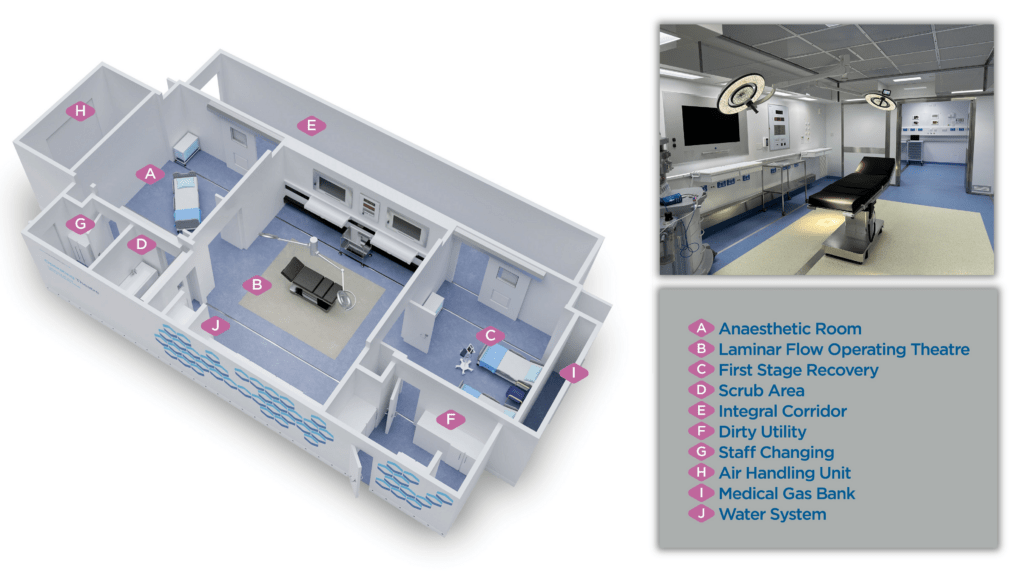
Paul:
Truthfully, the theatres do seem smaller than some of the mainstream theatres, but at the end of the day, we only need a patient on an operating table, a tray of instruments, and three people, maybe four people around that patient. In my case, I do laparoscopic surgery. So, we need a stack system in theatre for the laparoscopic surgery. But you know, the space in doing the operations has not been an issue.
Chris:
And you tend to get quite used to working within the team, I would imagine, as well. And feeling quite confident, quite quickly on that basis.
Paul:
I think that's extremely important and that once the surgeon is established with the team and it's the same members they see, or the same pool of people they see, week by week, there is a confidence always between the anaesthetist and how long it's going to take, the surgeon on what the task is in hand and the theatre staff having the confidence in what the surgeon is asking of them. And all of that adds up to just better and better efficiencies and getting more work done.
Chris:
Which is what it’s all about at the end of the day, it's around helping patients, isn't it? So, weeks away from the new theatres. It's been five years, I think you've been working on the Vanguard here. So, it would be just good to get a couple of reflections how you found that over the last five years and any final thoughts, really…
Paul:
I think, it will be sad when I'm not coming to Vanguard. I'm looking forward to the new theatres, but I think I'll miss the old team.
Chris:
That’s good to hear and we'll probably clip that little sentence I would imagine! So, Paul, any other final reflections at all? Just as you look back over the decisions that have been made and the great work you've done for patients here at Solihull Hospital.
Paul:
I think more trusts should consider Vanguard and maybe, you know, programs and testimonials will give them the confidence to establish a Vanguard unit. And if they really need an extra theatre and they haven't got the nursing staff, then Vanguard is ideal.
Chris:
Okay. Lovely. That's been really helpful. Thank you for talking to me.
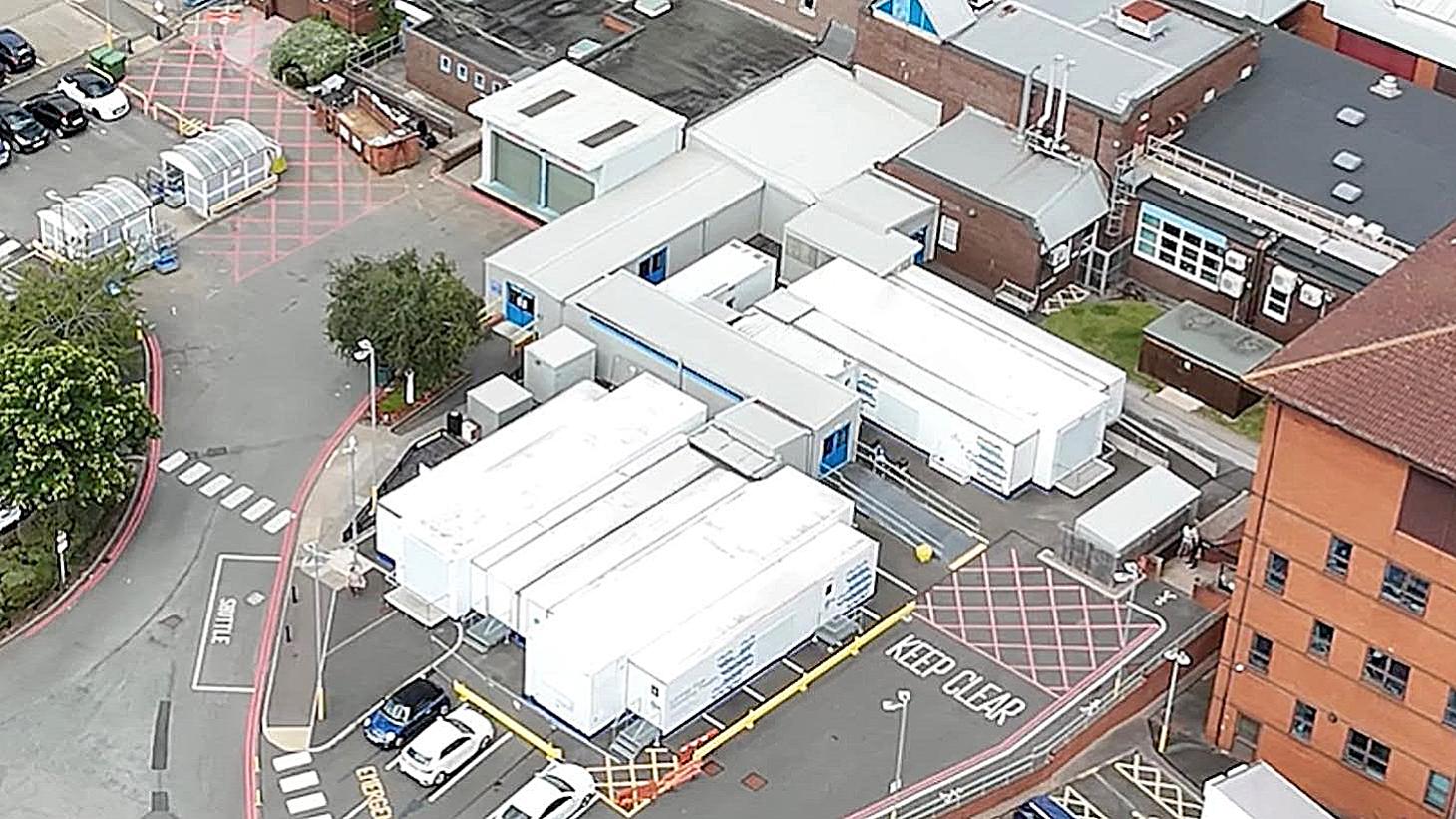
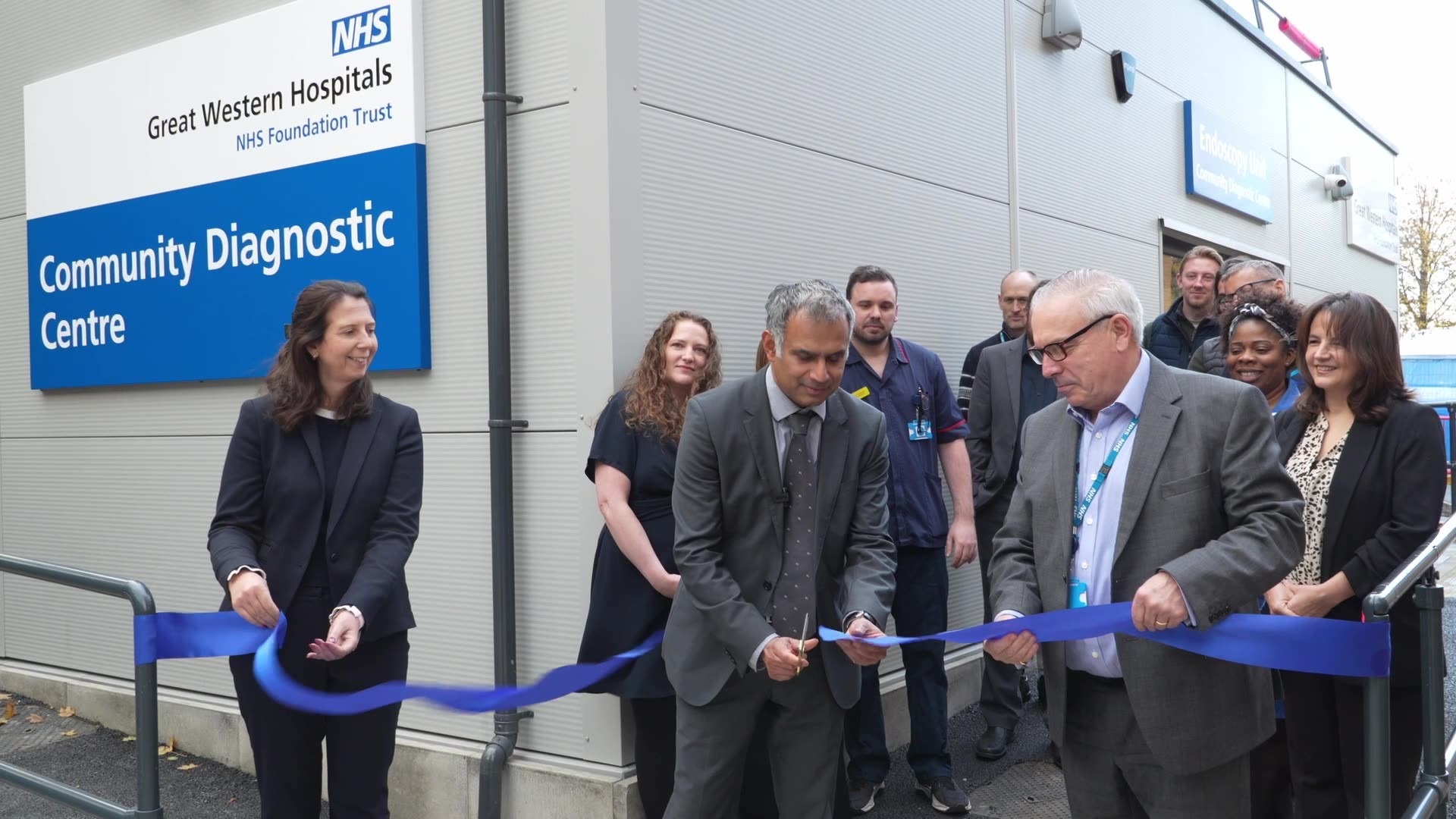
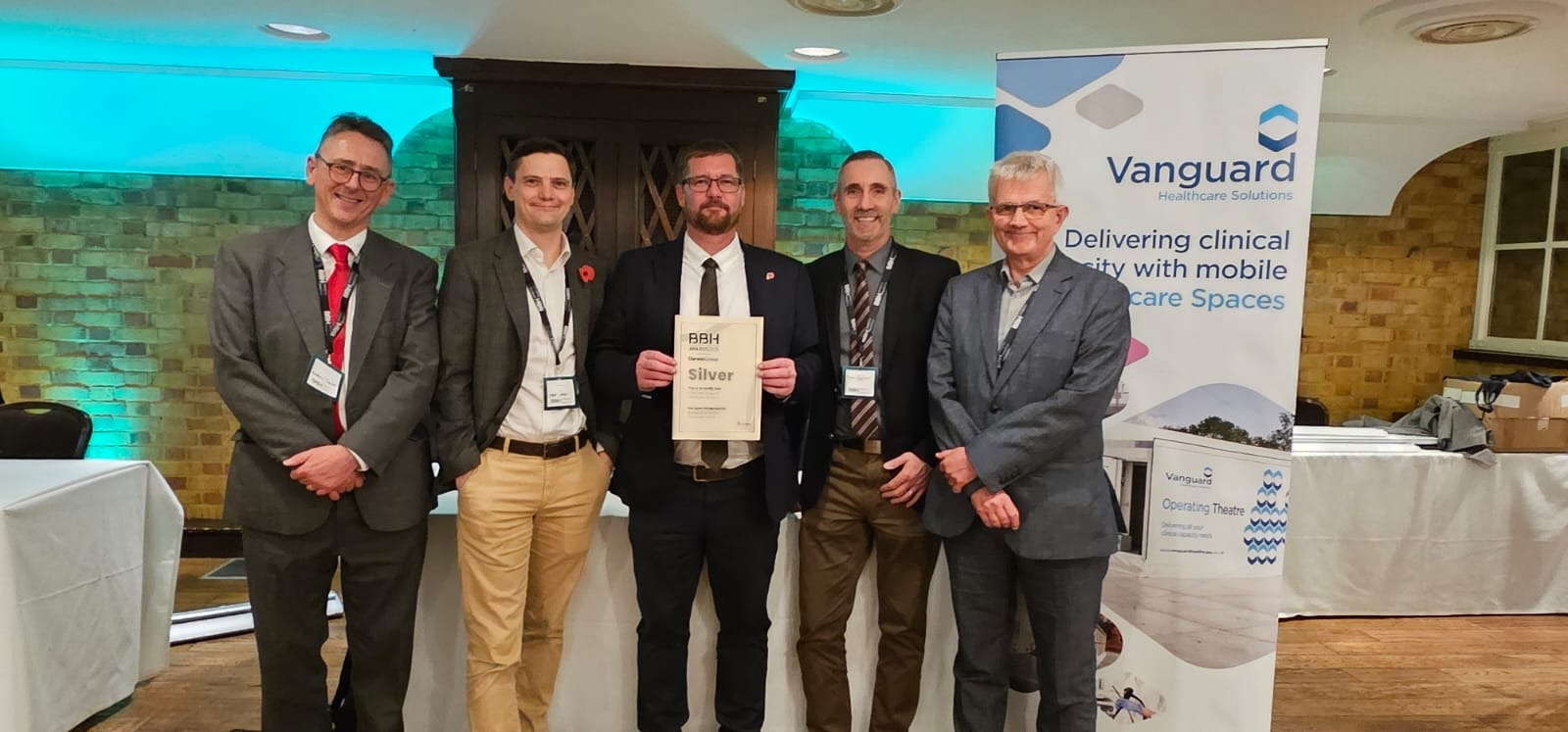
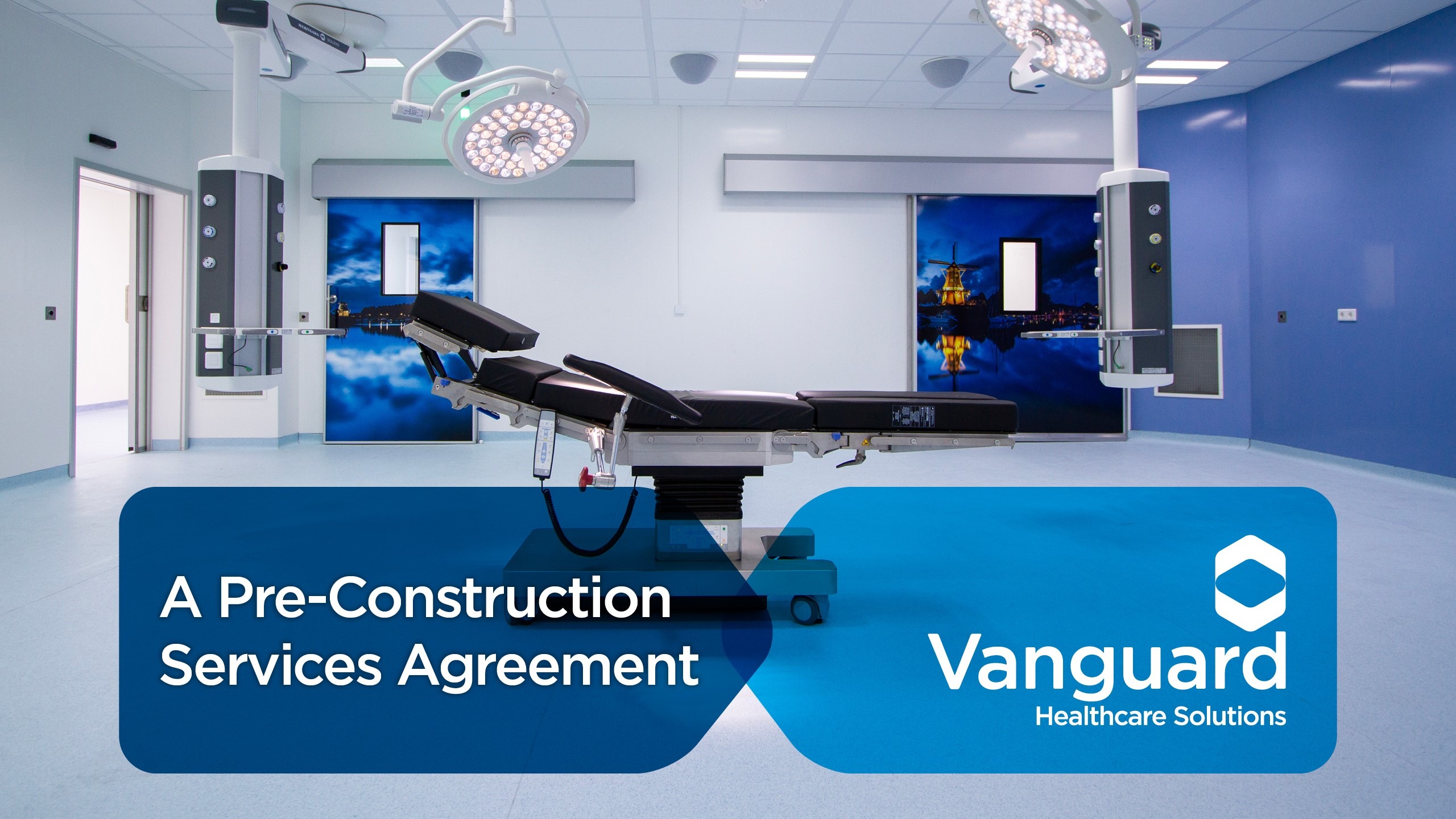
Vanguard Healthcare Solutions
Unit 1144 Regent Court, The Square, Gloucester Business Park, Gloucester, GL3 4AD

We have a different site (www.q-bital.com) which better suits your location